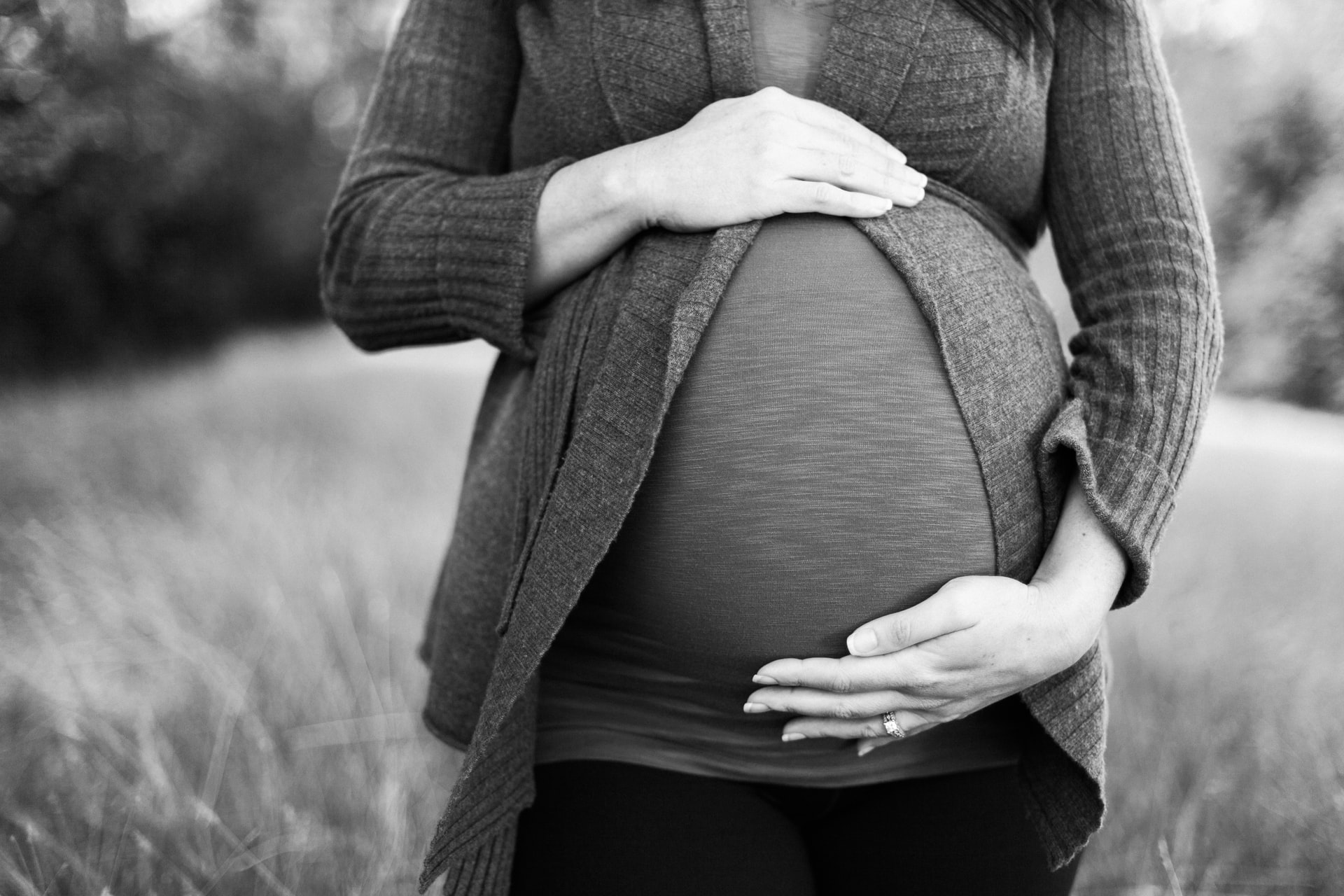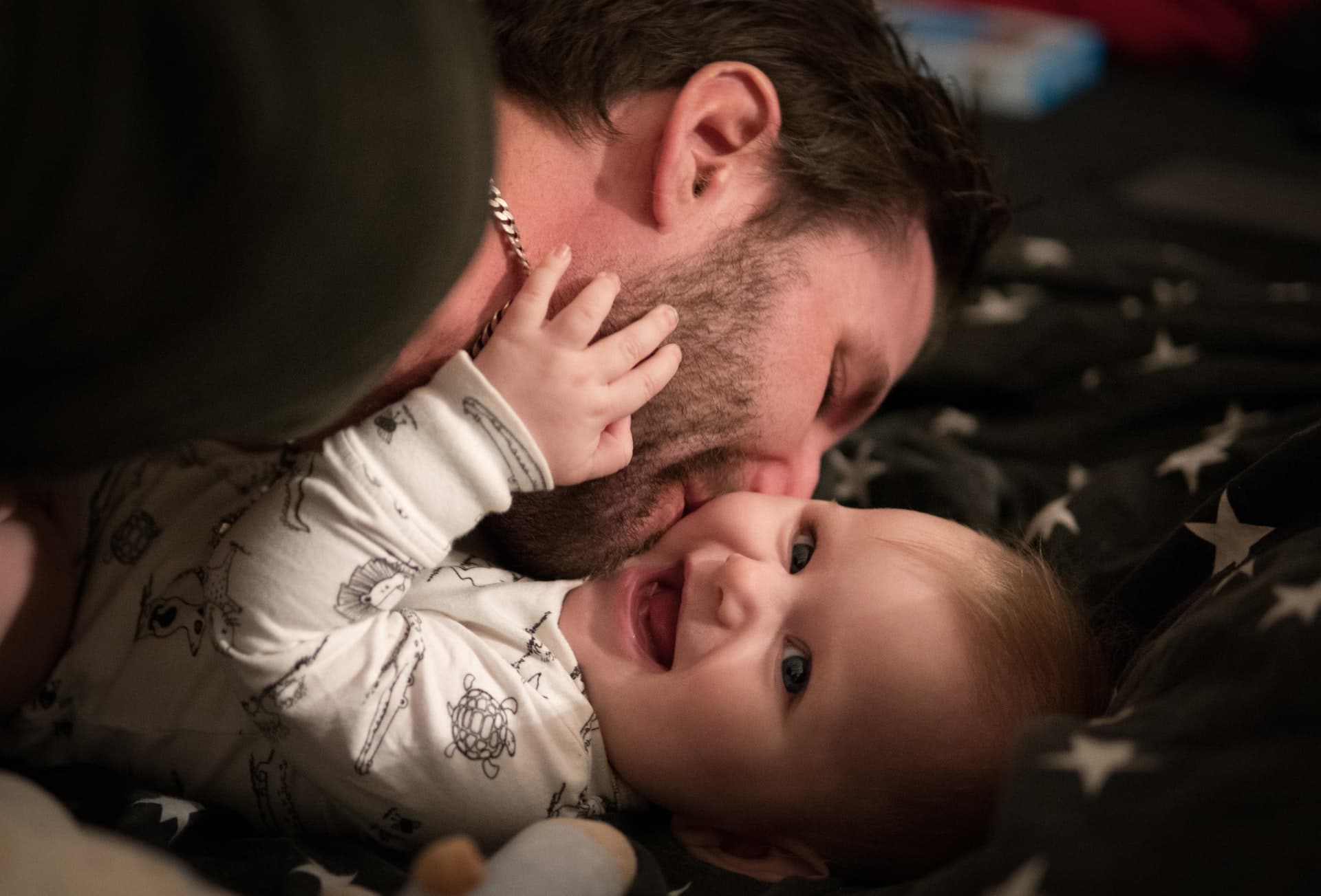
When you are the mother of your first child, or if you are breastfeeding for the first time, many questions arise in the first few days. How often should you breastfeed? Is your baby getting enough nutrition? Do you have to wake him up to breastfeed at night? In reality, except in exceptional cases, it is enough to offer the breast during the infant’s awakening phases to ensure good feeding.
Breastfeeding during the waking phases
The first few weeks of your child’s life are punctuated by phases of wakefulness and sleep. Typically, your baby wakes up every two to four hours, sometimes with a longer sleep phase each day, up to six hours in a row. It’s between these sleeping times that breastfeeding is recommended. Waking him up to offer him the breast is unlikely to be successful: the newborn may not be very cooperative!
Why breastfeed on demand?
During the first months, the baby will ask for the breast very regularly. It is important to meet this need. Indeed, his digestive system is tiny and his energy expenditure high: eating very frequently allows him to recharge his batteries, as well as numerous naps.
Breastfeeding on demand meets several of the child’s needs: to relieve fear and pain, to bring comfort, to feed and to hydrate. For the mother, this phase, sometimes tiring because of the interrupted nights, allows to set up a good lactation. The hormone responsible for the production of milk, prolactin, is very high at night, which implies more frequent, even frantic, feedings once night falls.
Signs of hunger in babies
To breastfeed on demand and without waking your baby at night, it’s important to watch for signs of hunger. If you don’t, you may miss the boat and your newborn may go back to a sleep cycle without eating.
It’s important not to wait until your baby starts crying. By then it’s almost too late, as he or she may be upset and not be able to latch on. When the baby starts to make little noises, yawns, puts his fist to his mouth, opens and closes his mouth, these are the first signs of hunger! You can then immediately offer him the breast, even if he is not yet fully awake.
How do you know if everything is okay?
If you respect your child’s rhythm, by responding to his need to breastfeed, everything should go well. Of course, there may be particular concerns (poor latch, engorgement, etc.). You can consult an IBCLC certified lactation consultant or a midwife trained in breastfeeding to help you.
Sometimes it’s hard to judge how much your baby is drinking at the breast, and this can be a concern for parents. But there are signs that everything is going well: a healthy weight curve, regular feedings and full diapers!
In the first few days of life, baby may lose a few grams. This is a common phenomenon, but one that is monitored by the health practitioners around you. In some cases, the baby is too lethargic right after birth to ask for the breast. In these cases, the baby needs to be woken up at regular intervals and stimulated to breastfeed. You will then be referred by a pediatrician or midwife.
The newborn does not sleep through the night as such. He alternates phases of wakefulness and sleep, which allows him to be breastfed on demand. There is no need to wake him up, you just have to watch for signs of hunger!















